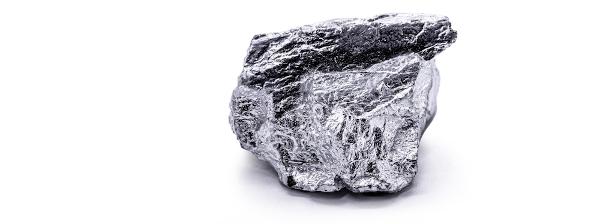O food stamps is an essential benefit in purchases at the beginning of the month. Because of this, despite not being mandatory among companies, it has become practically indispensable in the payment of the worker. However, in order to get extra income, it is common for them to be passed on to other people for an amount lower than the credit they have, which can cause some problems. See below if you can sell the company food voucher, what are the consequences for this act and what the law says.
Read more: Food and social security calculations: find out what has changed
see more
Japanese company imposes time restriction and reaps benefits
Alert: THIS poisonous plant landed a young man in the hospital
In general, even though it is something very common in our daily lives, there are many doubts regarding the responsibilities and possibilities related to this benefit. It is very likely that a neighbor or even a co-worker has already been offered their own card so that you could do your shopping.
Is it allowed to sell food stamps?
If you already suspect that the answer to this question is “no”, you are correct. According to the law, the worker is prohibited from selling or passing on the amounts received in the food voucher or even meal. Including, with the aim of clarifying the illegality of these acts, some rules regarding the benefits were recently changed, where it was strictly forbidden to use the vouchers for any other type of spent.
This is because, in some cases, there was the possibility of using the food voucher to buy non-essential products, such as cigarettes, alcoholic beverages and even gasoline. In these cases, they were intended for something different from what the law provides, which is precisely to help with the cost of food for workers and their families. In some situations, if misuse is identified, a fine of up to R$ 50,000 may be generated.
Therefore, if there is actually a transfer or sale of the benefit, this will be considered a crime that can bring other problems, such as imprisonment under Article 171 of the Penal Code, as the act is considered embezzlement.


